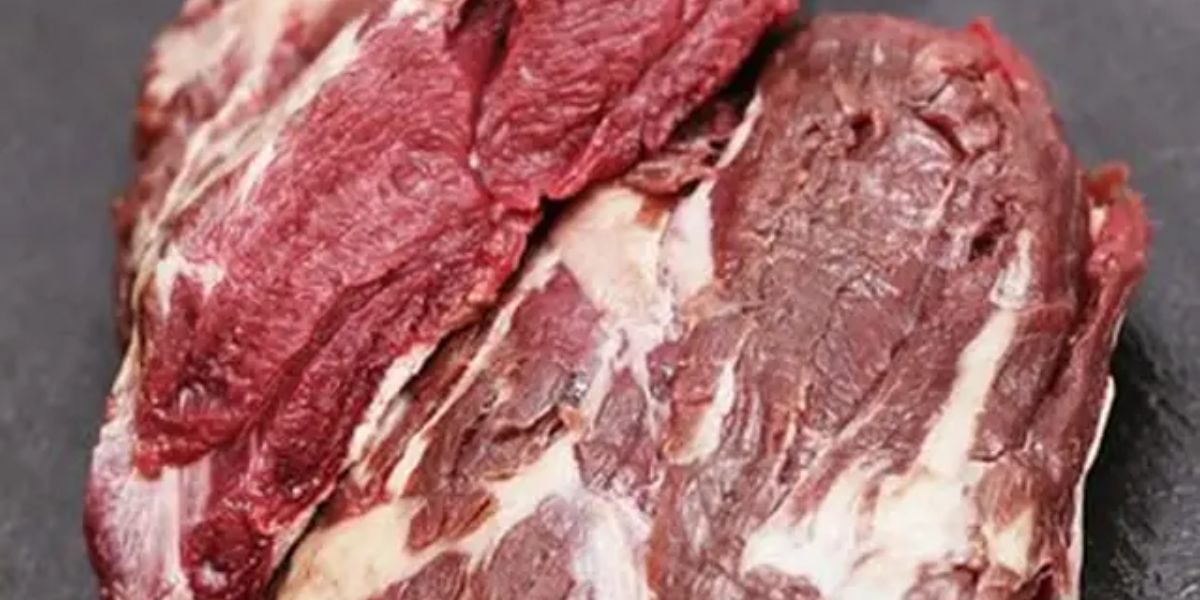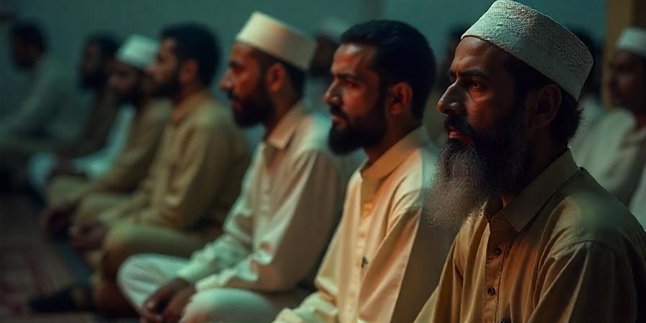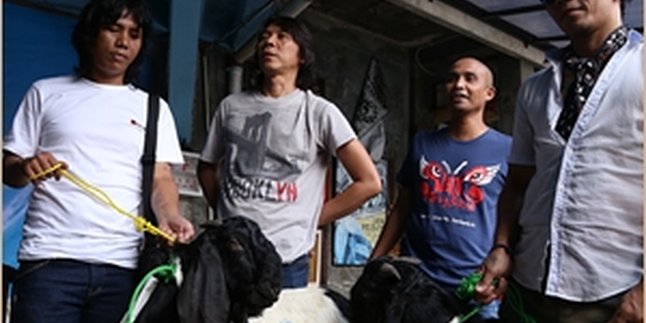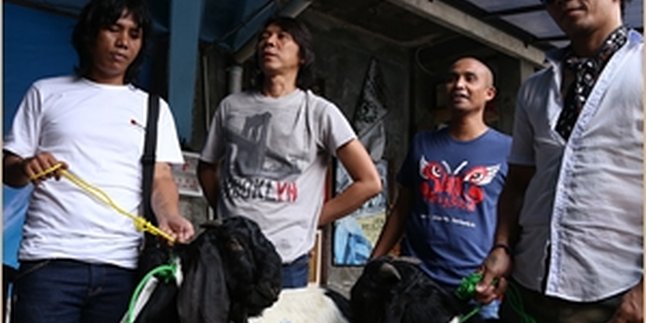Kapanlagi.com - Every year, when Eid al-Adha arrives, Muslims around the world perform the sacrificial ritual as a manifestation of obedience and sacrifice to Allah. One important moment in this series of worship is the distribution of sacrificial meat to the community. However, a crucial question often arises: who is actually entitled to receive this sacrificial meat?
A lack of understanding about who is entitled to receive sacrificial meat can lead to imbalances in distribution. There are times when some people receive more than they should, while others receive nothing at all. In fact, Islam has clearly established the groups entitled to receive sacrificial meat.
Knowing who is entitled to the sacrificial meat is not just an administrative matter, but also an important part of the perfection of the worship itself. The Prophet Muhammad (SAW) has taught us to distribute fairly and accurately. In this article, we will thoroughly discuss the distribution of sacrificial meat based on the Qur'an, Hadith, and the opinions of scholars.
1. The Owner of the Sacrifice: Can Take a Portion, but There Are Limits
The owner of the sacrifice, or the person who slaughters an animal for the sake of Allah, is entitled to enjoy a portion of the meat from the animal they have sacrificed. In many fiqh literatures, it is permissible to take one-third for personal consumption, considering that the Prophet Muhammad (SAW) once ate the heart of his sacrificial animal on the day of Eid al-Adha.
However, it is important to note that the owner of the sacrifice must not sell any part of their sacrifice. In a Hadith narrated by Ahmad: "If any of you is sacrificing, then eat some of the sacrifice." This indicates that personal consumption is allowed, but selling is strictly prohibited.
Some scholars, such as Ibn Wakil and Ibnul Qash, state that consuming the entire portion of the sacrifice is permissible, but it is preferable to distribute it to those in need. Additionally, the owner can also donate their portion to groups of the poor as a form of additional charity.
2. The Poor and the Needy: The Most Prioritized Group
In the spirit of deep sharing, sacrificial meat becomes a bridge of happiness for the poor and the needy, the primary group in its distribution. The purpose of sacrifice is not merely a ritual, but a call to touch the hearts of those less fortunate, especially in enjoying meat—a source of protein that they may rarely experience.
QS. Al-Hajj verse 28 emphasizes this: “So eat some of it and (give some) to be eaten by the miserable and the poor.” Even according to hadith, the poor receive 2/3 of the total sacrificial meat.
Sacrificial meat becomes a symbol of high social solidarity. Giving meat to the poor not only fulfills religious obligations but also fosters care and compassion among one another. That is why many Islamic philanthropic organizations distribute meat to remote areas that are rarely reached.
3. Relatives, Neighbors, and Friends: You Don't Have to Be Poor to Receive
In the midst of the festive celebration of sacrifice, relatives and neighbors around the owner of the sacrifice have the right to receive the sacrificial meat, even if they are economically capable. This is not just about sharing blessings, but also an effort to strengthen the bonds of community among residents.
Prominent scholars such as Ahmad Muhammad Al Hushari emphasize that giving meat to wealthy neighbors is permissible, based on the principle that if the owner of the sacrifice who is capable can enjoy their sacrificial meat, then sharing with others who are also capable is allowed.
However, when it comes to non-Muslim recipients, scholars have varied opinions; the Hanbali and Hanafi schools permit it as long as the recipient does not oppose Islam, while some Malikiyah consider it makruh, and the Shafi'iyah actually allow it unconditionally. This is an important consideration, especially in areas inhabited by a diverse community.
4. The Al-Qaani' and Al-Mu'tar: Two Often Overlooked Groups
The Al-Qaani', a figure who appears calm despite living in limitations, is often invisible to society because they are reluctant to ask for help. In Islamic teachings, they are respected in an empathetic manner, by delivering sacrificial meat directly without offending their sense of shame.
On the other hand, the Al-Mu'tar are those who boldly ask, making them easier to identify and receive their share. In QS. Al-Hajj verse 36, both groups are recognized as rightful recipients: "...feed the one who is content with what they have (who does not ask) and the one who asks."
This approach reflects Islam's sensitivity to various layers of poverty, both visible and hidden. Therefore, to ensure that no one is overlooked, the distribution of sacrifices should involve careful social surveys.
5. The Importance of Fair and Wise Distribution
The distribution of sacrificial meat is a meaningful moment, where justice and wisdom must be the main guidelines. Prioritizing the poor and needy, especially in obligatory sacrifices, is a very vital step. Not only that, the person making the sacrifice and their family are also entitled to a portion, while sharing with relatives and neighbors is highly encouraged, especially in voluntary sacrifices.
By consulting local scholars, we can ensure that the distribution of sacrificial meat proceeds according to Islamic law. In this way, the act of sacrifice is not just a ritual, but also has a positive impact on the community, especially for those in great need.
6. FAQ
Who is entitled to receive sacrificial meat?
The person making the sacrifice, the poor and needy, as well as relatives, friends, and neighbors are entitled to receive the sacrificial meat.
What is the difference between obligatory and voluntary sacrifices?
Obligatory sacrifices emphasize the distribution of meat to the poor and needy, while voluntary sacrifices provide flexibility in their distribution.
What proportion of sacrificial meat should ideally be given to the poor and needy?
Some sources mention one-third, but distributing the majority of the meat to them is highly recommended.
Can wealthy people also receive sacrificial meat?
Giving meat to wealthy people is allowed, but it is more accurately referred to as 'ith'am' and not charity, especially in the context of obligatory sacrifices.
(kpl/rmt)
Disclaimer: This translation from Bahasa Indonesia to English has been generated by Artificial Intelligence.












